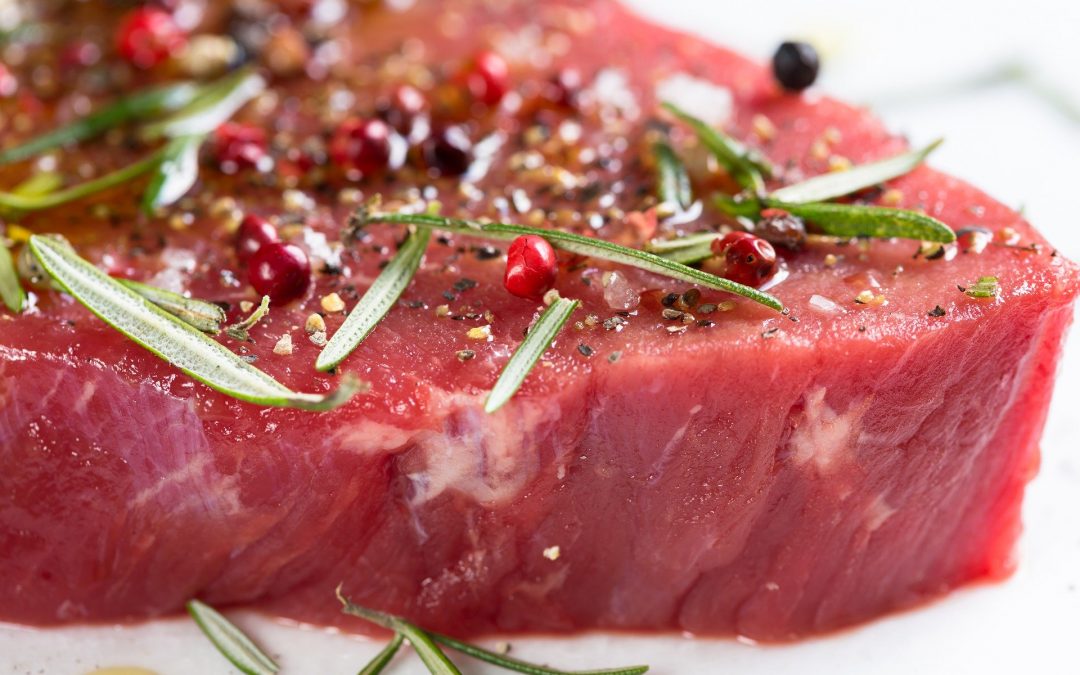Protein holds a variety of different health benefits. It can help you eat less but lose more weight at the same time. This is because protein is known to help keep you feeling full for a longer amount of time. A high protein intake also increases muscle mass so this can really aid in effective weight loss. It is also known to speed up your metabolism and even build and repair muscle. Proteins are also essential to other productions of hormones, enzymes, and red blood cells.
The recommended amount for daily protein intake is around 46-56 grams, which is a fair amount, although eating more than this likely wouldn’t hurt. An egg is equivalent to 13 grams of protein, but there are tons more of things you can do to increase your daily intake. It is also important to note that there are certain times when protein can be more effective than others.
1. Eat your protein first.
Protein is proven to keep you feeling full for a longer amount of time, make sure you eat it before anything else. This is because protein increases the production of Peptide YY (PYY), a hormone that makes you feel full. Protein also decreases levels of the Ghrelin, more commonly known as the “hunger hormone”. High-protein intake will overall improve your metabolic rate.
To do this, you can choose to have a protein-rich breakfast. Cereal can contain protein, but it does not really keep you feeling full for long, and can result in overeating. Choose eggs over cereal as this contains more protein, and it will give you the energy you need for the morning. Consume protein and vegetables before all high-carb foods. Eating protein at this certain point in your day can also prevent blood sugar and insulin from shooting up too high.
2. Swap it out.
Some food you believe to be high in protein actually have alternatives that contain even more protein than their common counterparts.
Examples of this may be:
- Swapping out your regular yogurt for Greek yogurt. Regular yogurt may be packed with other additives and excess sugar. Greek yogurt, on the other hand, especially the unflavored variant may contain up to 20 grams of protein per serving.
- Snacking on cheese instead of junk food! It feels indulgent and some even contain the same amount of protein as drinking a glass of milk!
- Go for leaner meat than fatty ones. Meats like ham or roast beef contain too much sodium, instead go for turkey or tuna, whichever one will surely give you a protein boost and leave you feeling full for a couple of hours!
- For those who are going vegan, did you know that chia seeds and water can replace eggs in your recipes? They contain about 5 grams of protein per ounce and can even improve the texture in your baked goods.
3. Top your food with almonds.
Almonds contain so many healthy properties like magnesium, fiber and monounsaturated fat. Almonds are said to contain 6 grams of protein in a serving of 1oz. This makes almonds a better source of protein than other nuts. They’re also known to contain a fair amount of good fat, most of which is absorbed by the body anyway. They also add a crunch and salty taste to your food, they can go well over stir-fried veggies and other kinds of salads. Yum!
4. Mr. Beans
Adding beans to anything and everything can make for a great source of protein. They are rich with fiber and contain around 15 grams of protein per cup. You can find these in garbanzo beans (chickpeas), white beans, lentils, kidney beans and also black beans. They can be added to so many foods, and may even be made into burger patties for a plant-based protein alternative.
5. Protein powders and supplements
Powders and supplements have increased in demand as they are an easy alternative. The most important of choosing a powder or supplement is to identify how much biological value (BV) score is in it. This number indicates how the body is effectively able to make use of the protein. Whey is one of the more popular options as it contains a BV score of 104, making it an excellent source of usable protein. Other options include casein and soy. Powders are usually added to smoothies to make protein shakes, something that you can take before or after working out.
Note: Before making any change to your diet, it is recommended to speak with a dietician or other medical professional.


